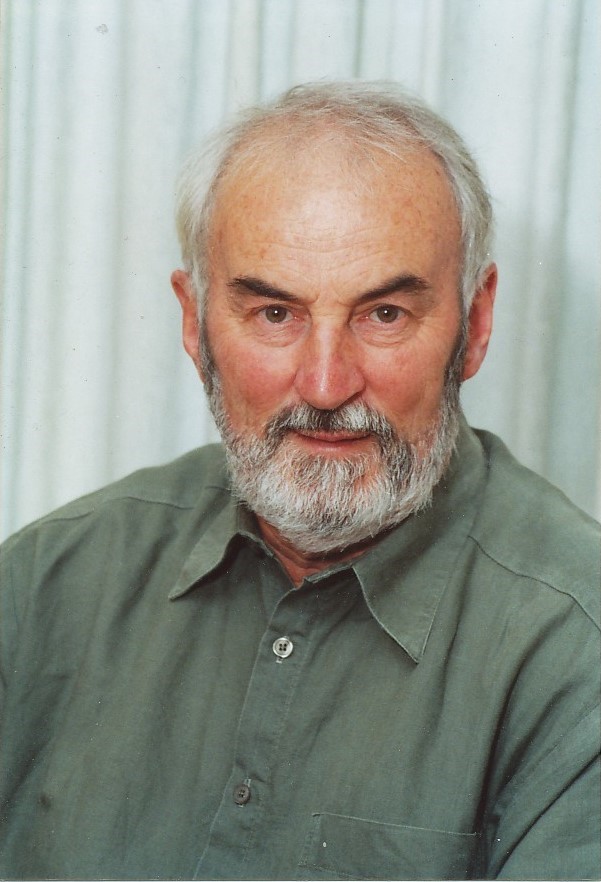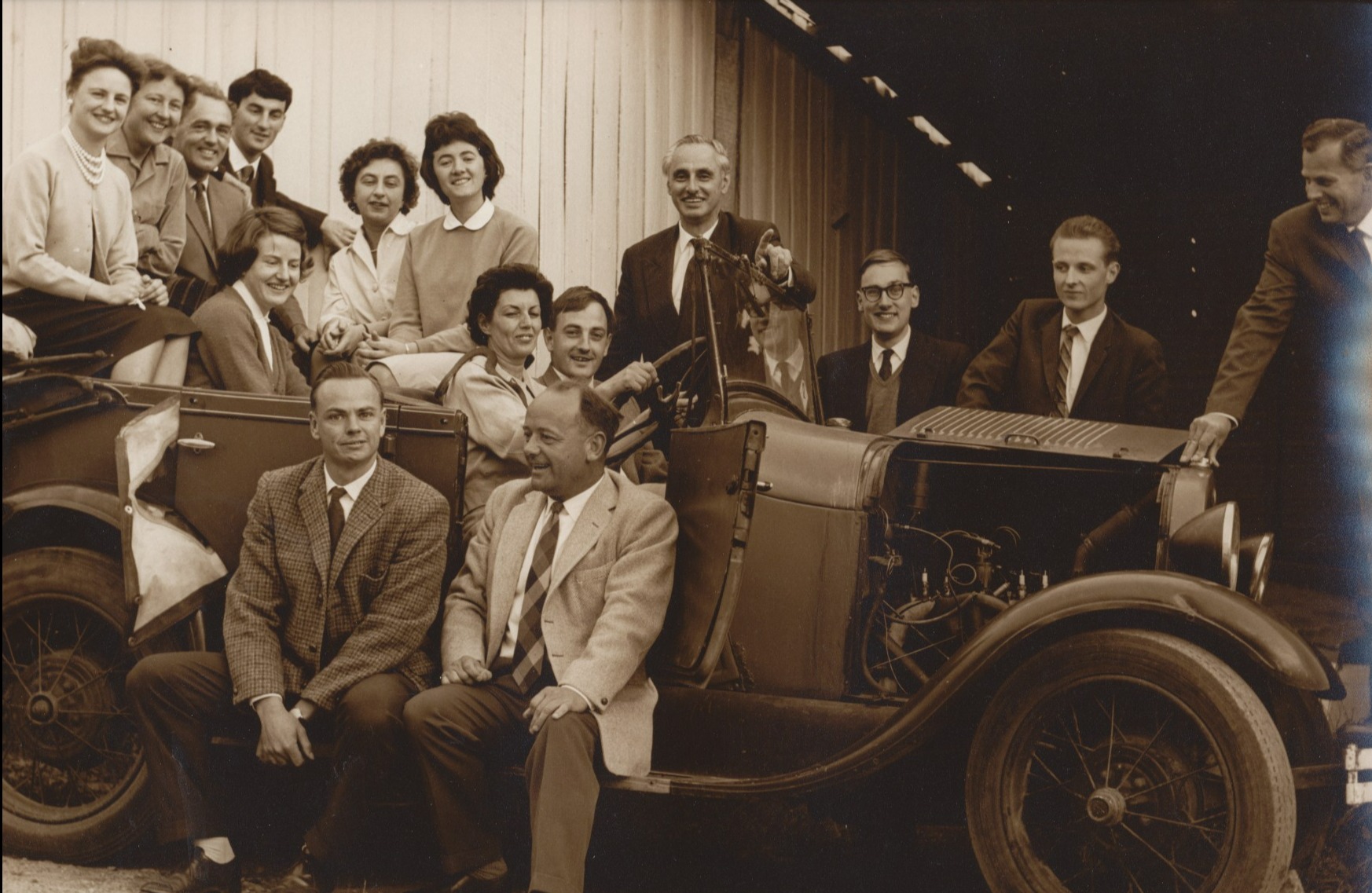Reducing dependence on pesticides and looking after bees and other insect pollinators is close to alumnus Max Whitten AM's heart. He completed his PhD in the Zoology Department at the University of Tasmania in 1966 and went on to work in the Division of Entomology with the CSIRO for many years, first as a Research Scientist and then as Chief of the Division. In 1996, he accepted the role of Chief Technical Advisor for the Food and Agriculture Organisation in South-East Asia, an opportunity that saw him working with farmers to reduce their dependency on pesticides and support local biodiversity.
Now based in Maleny in Queensland, Max is the Chairman of the Wheen Bee Foundation, a charity he helped establish to assist beekeepers and primary producers whose crops depend on bee and other insect pollinators.
Max reached out to us recently to share photos and memories from his time as a student in Hobart and resident at Hytten Hall. He answers a few questions below about his career following graduation and his longstanding connection with Tasmania.

What impact do you see your work having on your profession, the community, or the world in general?
As a research geneticist, I find ways to delay pesticide resistance in major insect pests and improve sterile insect technologies by devising genetic sexing tools. This involves exploring ways of using natural biodiversity to bolster ecosystem services that lead to a reduction in pesticide dependency.
What’s your best memory from your time at the University?
Wow, there are many. Combining lab work on Drosophila melanogaster and a separate project on cytoevolution of a group of insects allowed me to do field work on Bruny Island, Cradle Mountain, and widely around Tasmania. Playing hockey for the University (first grade and the Graduate's team) was a great experience. Driving around in an ancient 1929 Ford Tourer was exhilarating. Being a Vice Warden at Hytten Hall for one year was most rewarding.
What would be your advice to newly graduating alumni?
Well, it was so easy for me because I happened to concentrate on genetics which was a very new field in Australia. With an explosion of new universities, I had a choice of five to join as a lecturer (including UTAS). Just plain great timing! I was actually on my way back to the University of Sydney for a lecturership, but dropped into CSIRO in Canberra for a few months and never got to Sydney! Things are so much tougher for new grads these days, but believe in yourself; always look on the bright side – cautious optimism. Personality is so important in a successful career, and how you interact with colleagues. Be positive and generous; and as the golfing great Gary Player was wont to say, 'The more I practice, the luckier I get.'
Thinking about staff and fellow students, who were the biggest influences on your development during your time here?
Two great guys: George Wilson, the Warden of Hytten Hall, and Professor Bill Jackson, who eventually became my supervisor. Bill was a legend; extraordinarily knowledgeable, a great naturalist in the bush, and a splendid mentor. But, amongst fellow students (largely via hockey), in our team we had two Rhodes Scholars, namely Keir Pearson and Alan Taylor; also Mike Vertigan AC, a very senior bureaucrat.
Were you yourself a scholarship recipient while studying at University of Tasmania? If yes, which one?
Even though I was working on bilateral symmetry in the model insect D. melanogaster, I had been awarded a Wheat Research Scholarship which had a higher stipend than a Commonwealth Scholarship. Ironically, years later, my research on how to manage pesticide resistance helped with managing pests of grains, especially in bulk storage.
Do have special memories of your time in Tasmania, growing up, or studying here? Are there particular places or experiences that have stayed with you?

Image credit: Bill Wilson, Lecturer, pictured front-left, photo taken using tripod and time lapse.
Cradle Mountain was always special. Flying with a mate, Greg Walker, who took me down to Lake Peddar, landing on the white sandy beach, was amazing. Greg did engineering.
Honeymooning in the Ford. Having our first child, Benedict, in Calvary Hospital but the nuns wouldn't allow husbands to be anywhere near the birth.
Being a member of a small but friendly Department where all the staff and graduate students could assemble on my old Ford for a lovely photo.
Would you like to share your thoughts about your vision for our island?
No need to remind Taswegians just how unique the island and people are. Just look after the rich and diverse flora and fauna. Managed tourism will be the future of the wonderful island.
Is there anything else you would like to add/tell us about?
It was such a lucky decision to spend the first year of my PhD at UTAS. It shaped my fortunate career which is still puddling on as Chairman of the Wheen Bee Foundation.
Top of page: The University's Zoology Department, staff and graduate students, in 1963 with Max Whitten's prized possession – a Ford Model A. Image credit: Bill Wilson, Lecturer, pictured front-left, photo taken using tripod and time lapse.


